|
In the centuries since its abolition, the transatlantic slave trade has become widely known as the ‘triangular trade’, a term used to describe how boats that set out from Europe took African slaves via the deadly ‘middle passage’ to plantations in the Americas, before heading back to Europe. Now analysis of a comprehensive database of slave ship voyages shows that nearly 40% of all enslaved Africans arrived in the Americas aboard vessels that had sailed to Africa directly from New World ports in Brazil, Cuba, the British Caribbean and North America. Sean Kelley explains how this underscores the global nature of the slave trade and the merchants
who ran it.
Debates about land reform in South Africa have reached fever pitch as the country’s parliament moves to vote on expropriation without compensation. The tone of the debate hasn’t been helped by US President Donald Trump entering the fray with a tweet. In this special newsletter we offer a range of previously published articles exploring the issue. Roger Southall sets out the battle lines of those for and against expropriation. Jannie Rossouw argues that the governing party has mishandled the process. If land expropriation goes ahead, it will require some amendments to the Constitution; Pierre de Vos explains what this will take. And Steven Friedman argues that a change to the Constitution might actually deliver a positive outcome.
|
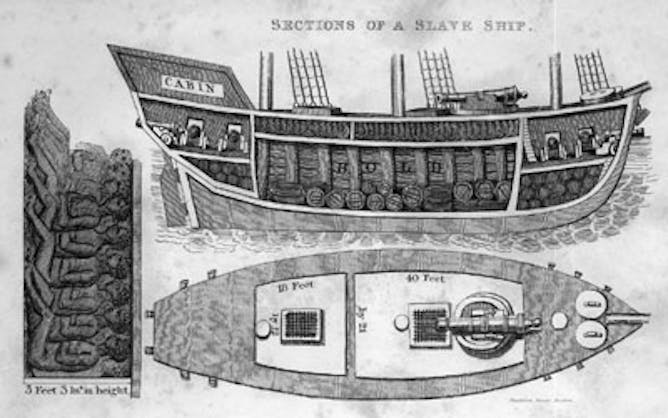
Sections of a Brazilian slave ship from the 19th century.
Robert Walsh, as shown on www.slaveryimages.org, compiled by Jerome Handler and Michael Tuite and sponsored by the Virginia Foundation for the Humanities." caption="A Brazilian slave ship from the 19th century." zoomable="true
Sean Kelley, University of Essex
Merchants from Brazil, Cuba, North America and the British West Indies traded goods grown by slaves on plantations, for more slaves.
|
Politics + Society
|
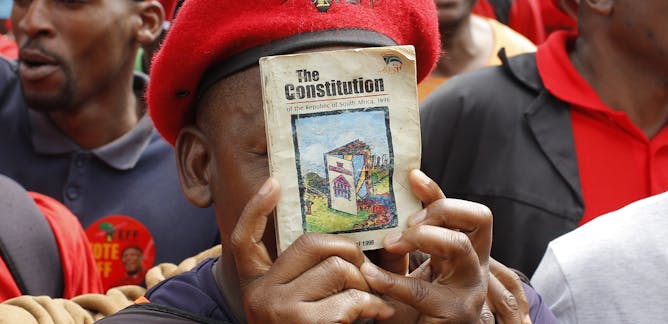
Pierre de Vos, University of Cape Town
South Africa's constitution has been amended 17 times already. But, the procedure for doing so is onerous.
| |
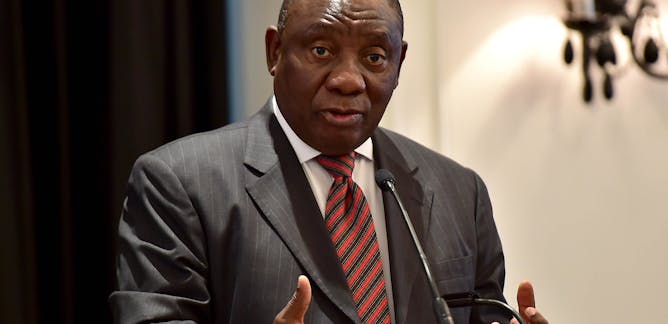
Steven Friedman, University of Johannesburg
Clarifying when and how the South African constitution allows for expropriation of land without compensation will strengthen property rights.
|
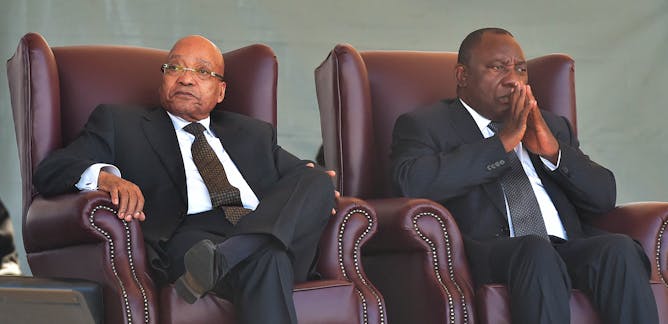
Roger Southall, University of the Witwatersrand
South Africans can't afford to let the land debate be reduced to a shouting match.
| |
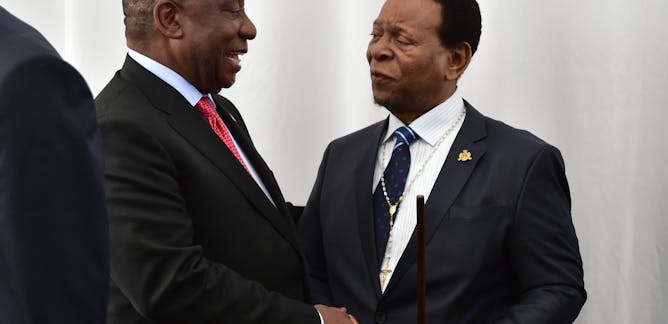
Jannie Rossouw, University of the Witwatersrand
South Africa's ruling party, the ANC , is mishandling the process leading towards land expropriation without compensation.
|
|
|